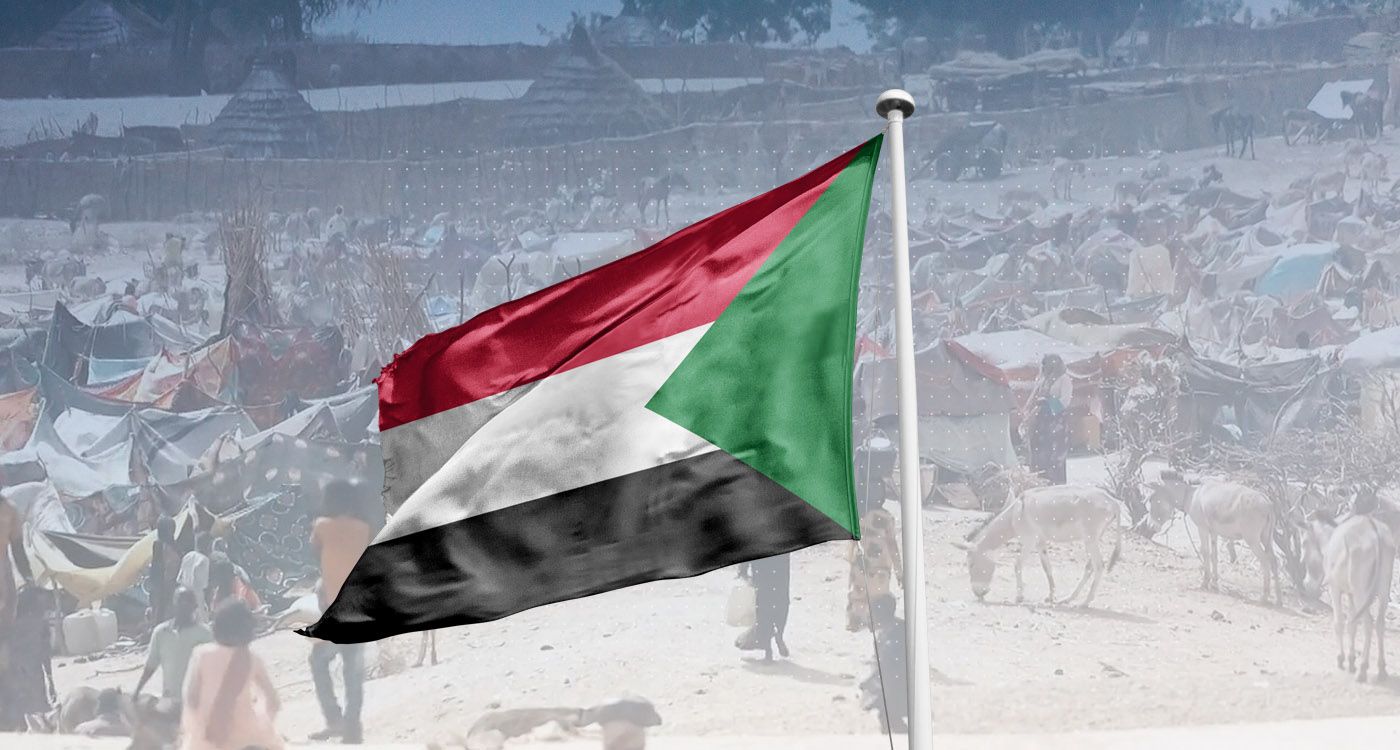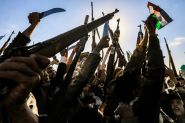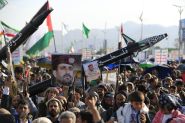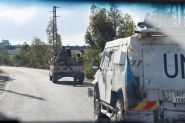- Home
- Middle East
- Sudan War: The Origins of a “Nightmare of Violence”

©This is Beirut
“The horrifying crisis in Sudan is spiraling out of control,” warned UN Secretary-General António Guterres at the second World Summit for Social Development in Doha on November 4. He called on the warring parties to “come to the negotiating table” and put an end to what he described as a “nightmare of violence.”
His warning followed the fall of El-Fasher, the Sudanese army’s last stronghold in Darfur, which the Rapid Support Forces (RSF) captured on October 26, 2025, after an eighteen-month siege. Witnesses have reported executions, looting, and sexual violence. Satellite imagery has confirmed these accounts. “El-Fasher and surrounding areas of North Darfur have become an epicenter of suffering, hunger, violence, and displacement,” Guterres said.
For nearly two years, fighting between the Sudanese Armed Forces (SAF) and the RSF has plunged the country into a devastating war. According to the UN, over thirteen million people have been displaced, hundreds of thousands killed, and serious human rights abuses continue to emerge. “People are dying from malnutrition, disease, and violence,” the UN Secretary-General warned.
This conflict stems from deep political, military, and historical fractures that have shaped Sudan’s trajectory since independence.
The Legacy of a Fragmented Nation
Since gaining independence in 1956, Sudan has been dominated by a centralized power structure in Khartoum, marginalizing regions such as the South and Darfur. Successive governments relied on tribal divisions to maintain control, weakening national cohesion.
In the South, resentment grew among the Dinka and Nuer tribes, who were largely excluded from political and economic life. Khartoum exploited these historical rivalries, fueling the first civil war from 1955 to 1972. Local tribal fighting often masked the underlying conflict. The deeper divide was between the Arab Muslim North and the African Christian South.
The 1972 Addis Ababa Agreement temporarily halted the war and granted southern Sudan regional autonomy. Over time, Khartoum eroded the deal by centralizing oil revenues and stripping local authorities of their powers. A second civil war erupted in 1983 and ended in 2005 with a comprehensive peace deal that reaffirmed southern Sudan autonomy and scheduled a referendum on self-determination. On July 9, 2011, South Sudan became independent. This ended decades of civil war but deprived Khartoum of most oil revenue and deepened internal divisions.
Political Upheaval After al-Bashir
In 2018, Sudan faced a severe economic crisis marked by soaring inflation, food shortages, and a collapsing currency. Protests over living conditions quickly turned into a nationwide political movement demanding change.
In April 2019, President Omar al-Bashir was ousted by generals Abdel Fattah al-Burhan, head of the regular army, and Mohamed Hamdan Dagalo (Hemedti), commander of the RSF. A fragile civilian-military Sovereignty Council was established, but power struggles quickly eroded hopes for a democratic transition.
By October 2021, al-Burhan and Hemedti’s forces overthrew the civilian government and suspended the constitution. Protests were violently suppressed. More than a thousand people were arrested according to the UN, and public trust in the military collapsed.
Rivalry Between the RSF and the Army
The alliance that toppled al-Bashir soon turned into open rivalry. The SAF, led by General al-Burhan, represent the central state and national sovereignty. The RSF, originating from Darfur’s Janjaweed militias and led by Hemedti, operates as a parallel army funded through gold mining and regional conflicts.
A 2023 agreement called for the RSF to integrate into the national army. Disagreement over timing sparked hostilities. Al-Burhan demanded rapid integration, while Hemedti insisted on a ten-year plan to preserve the RSF’s autonomy. Fighting erupted on April 15, 2023.
A Humanitarian Catastrophe
The war in Sudan reflects a long cycle of political, military, and identity-based crises. It highlights the failure of the country’s elites to build a state governed by law, justice, and representation. Millions of Sudanese continue to suffer from violence, hunger, and forced displacement, trapped in a conflict with no end in sight.
Read more



Comments